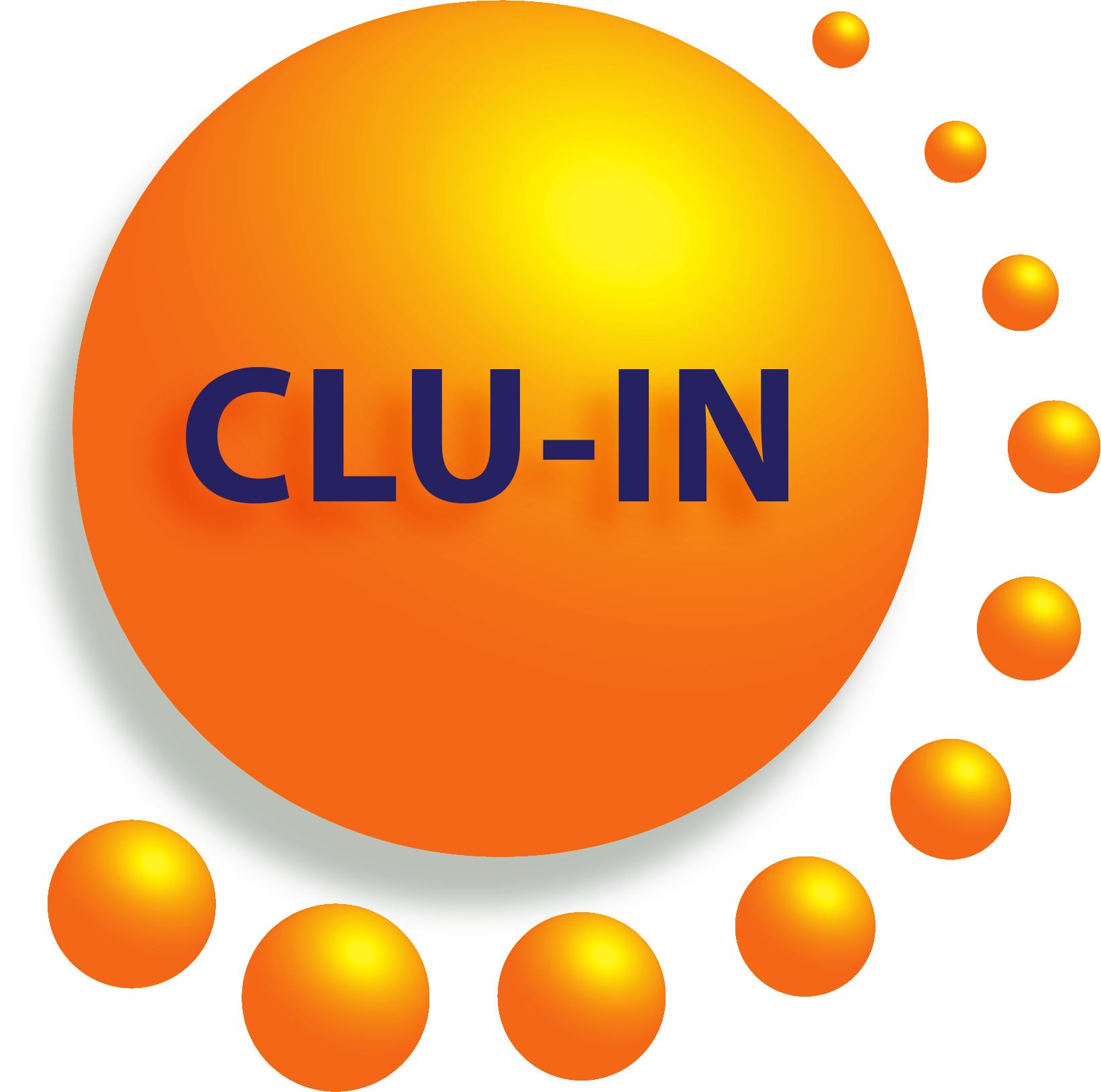Permitting & Regulatory Assistance
Prior to deploying a new environmental technology, a vendor generally will need to acquire the concurrence of regulators, property owners, and other stakeholders that the technology is appropriate for its intended use. Achieving concurrence typically involves, among other things, working with all interested parties and providing enough information on the performance and cost of the technology to allow them to evaluate its effectiveness and safety. The performance will generally be evaluated according to its capability to meet the requirements specified in applicable permits or regulations. For example, a state or federal regulation may specify allowable residual contamination levels for groundwater or soil, or require restrictions on the use of the site. A Resource Conservation and Recovery Act permit for a facility may specify cleanup levels for a corrective action. In some cases, a permit may be required for tests of technologies, and in other situations exclusions to permit requirements may be obtained for purposes of testing.
Regulations that apply to any given application may be under one or more federal environmental statutes, such as the Comprehensive Environmental Response, Compensation, and Liability Act (CERCLA, or Superfund), Resource Conservation and Recovery Act (RCRA), the Safe Drinking Water Act, the Clean Water Act; state statutes; and local ordinances; depending on the specifics of the site and technology. Because more than one regulation may apply to a given application, it is important that technology developers or contractors carefully examine the appropriate rules and coordinate with local, state and federal regulatory authorities. The links in this section provide material to assist technology developers to identify and consider the regulatory requirements pertinent to the deployment of their technologies.
Permitting & Regulatory Assistance Resources
Relevant Environmental Laws and Regulations
This EPA website provides access to specific regulations and legislation pertaining to environmental protection:
- New regulations, proposed rules, important notices and the regulatory agenda of future regulations.
- Current legislation before the U.S. Congress, Congressional Committees, and uncompiled Public Laws.
- Federal regulations codified in the Code of Federal Regulations and additional material related to Title 40: Protection of Environment.
- Public Laws passed by the U.S. Congress and codified in the U.S. Code.
Health and Environmental Agencies of U.S. States and Territories
One or more state agencies may require a permit for testing or subsequently implementing a technology involving certain cleanup activities or processes, such as pumping and treating groundwater. Technology developers or contractors can check with the appropriate state or territorial agency on EPA's web page at the above link.
EPCRA, RMP & Oil Information Center
The EPCRA, RMP & Oil Information Center (also referred to as "the Call Center") is a publicly accessible service that provides information on the regulatory requirements for the following EPA programs:
- Emergency Planning and Community Right-to-Know Act (EPCRA);
- Risk Management Plan (RMP) Rule; and
- Spill Prevention, Control and Countermeasure (SPCC) Rule and Facility Response Plan (FRP) Rule.
The Information Center maintains up-to-date information on the availability and distribution of publications and other resources pertaining to its program areas. However, the Center does not provide regulatory interpretations.
Related Links:
Toxic Substances Control Act Assistance Information and U.S. EPA Hotline
Developers of technologies for treating polychlorinated biphenyls (PCBs) should be aware that these technologies are subject to separate regulation by EPA's Office of Toxic Substances (40 CFR 761). This website and EPA's Toxic Substances Control Act (TSCA) Hotline provide general information on requirements under the Toxic Substances Control Act for PCBs and other substances, such as asbestos and lead.
Related Links:
Interstate Technology and Regulatory Council
The Interstate Technology and Regulatory Council (ITRC) is a public-private coalition working to reduce barriers to the use of innovative environmental technologies and processes to address air, water, waste, and remediation environmental issues. ITRC produces documents and training that broaden and deepen technical knowledge and expedite quality regulatory decision making while protecting human health and the environment. It builds knowledge bases in various technical areas, raising confidence in new technologies, and helping to save time and money in the evaluation of technologies. Technical Teams develop guidance documents in various technology areas which are also used as a basis for classroom and internet-based training. With public and private sector members from all 50 states and the District of Columbia, ITRC seeks to provide a national perspective.
ITRC is a program of the Environmental Research Institute of the States (ERIS), a 501(c)(3) organization managed by the Environmental Council of the States (ECOS). ECOS is the national, nonprofit, nonpartisan association representing state and territorial environmental commissioners. More information on ECOS is available at http://www.ecos.org/.
U.S. Business Advisor: Laws and Regulations
The U.S. Business Advisor exists to provide business with one-stop access to federal government information, services, and transactions. This site provides links to over 20 sources of information, including: environmental regulations (e.g., hazardous waste, air, water, pesticides and toxic substances), OSHA regulations, IRS regulations, Federal Acquisition Regulations, among others.
National Small Business Environmental Assistance Program
The Small Business Environmental Assistance Program (SBEAP) provides a "one-stop shop" for small businesses and assistance providers seeking information on a wide range of environmental topics and state-specific environmental compliance assistance resources. The related links below include helpful training videos, forms, and other tools and links developed by EPA and several states.
Related Links:

